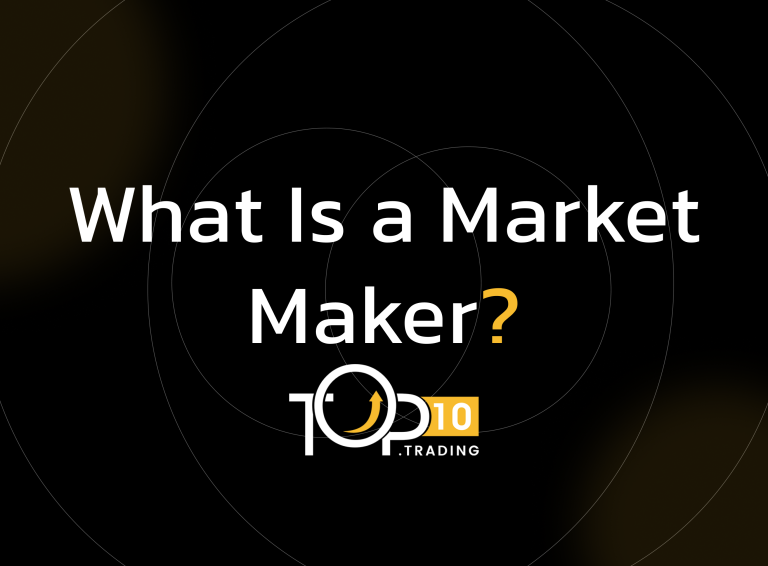Market Maker Definition

A market maker is a firm or individual that provides liquidity to financial markets by continuously quoting both buy (bid) and sell (ask) prices for a specific asset. Their goal is to facilitate smooth trading by ensuring there’s always a counterparty available for buyers and sellers. In return, market makers profit from the spread—the difference between the bid and ask price.
Key Takeaways
- Market makers quote both buy and sell prices for financial instruments.
- They ensure market liquidity and smoother trade execution.
- Market makers profit from the spread between bid and ask prices.
- They are vital in markets like forex, stocks, and options.
- Market makers can be banks, brokers, or specialized trading firms.
Examples of Market Makers
- A forex broker quotes live bid/ask prices for major currency pairs and fills client trades internally.
- An investment bank provides liquidity for tech stocks on a stock exchange.
- An options market maker offers contracts for both buyers and sellers, narrowing spreads.
Benefits of Market Makers
- Improved Liquidity: Makes it easier to enter or exit trades at any time.
- Tighter Spreads: Keeps the bid/ask difference competitive in many markets.
- Faster Execution: Traders experience quicker fills with minimal delay.
- Reduced Volatility: Helps stabilize price fluctuations during periods of low activity.
Costs and Limitations
- Potential Conflict of Interest: Some market maker brokers may trade against clients.
- Spread Markups: Prices may be slightly adjusted to widen spreads for profit.
- Limited Transparency: Traders may not always see true interbank prices.
- Dependence on Maker's Liquidity: Execution quality relies on the market maker's inventory and quotes.
Who Uses Market Makers?
Market makers serve retail traders, institutional investors, and other market participants across various asset classes. Exchanges and brokerages rely on them to ensure efficient price discovery and trade execution. In decentralized or OTC (over-the-counter) markets like forex, they are essential to maintaining order flow and reducing slippage.
